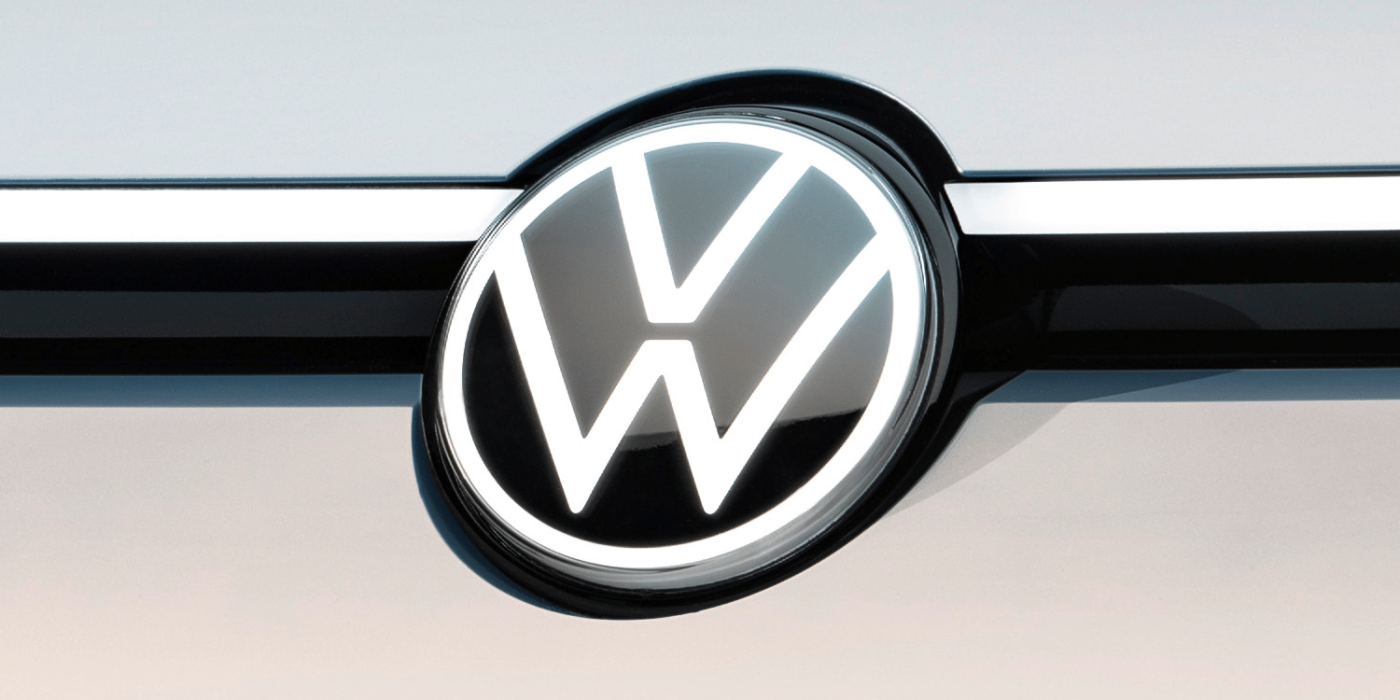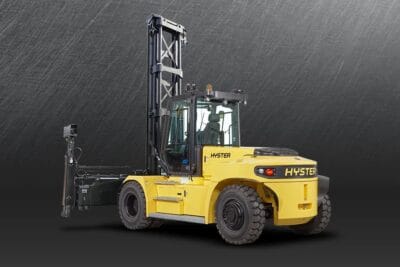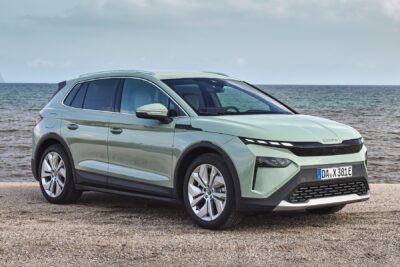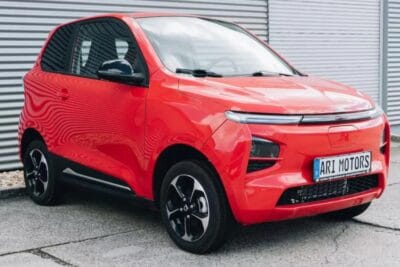VW aims for 70% EV sales in Europe by 2030
The Volkswagen brand has presented its ‘Accelerate’ strategy that should speed up its electric plans. VW also mentions concrete model plans, although, in the case of the electric compact car, the German carmaker company has been sparing with detail.
Volkswagen’s target is to increase the share of fully electric cars. Sales in Europe should rise to over 70 per cent by 2030. This is a doubling of the previous plan of 35 per cent. In the U.S. and China, the company is targeting an EV share of more than 50 per cent over the same period. “Every year we bring at least one new electric car,” VW brand chief Ralf Brandstätter said at the strategy presentation. “We’re picking up speed and going into large volumes and covering all segments.”
The all-wheel-drive ID.4 GTX is to be launched in the first half of 2021; so far, the ID.4 is only available with a rear-mounted engine in three performance variants. The ID.5 SUV coupe, also built in Zwickau, is to follow in the second half of the year; pre-series production is already underway here. VW had already indicated that the ID.5 is primarily intended for Europe, while production in the USA or China is not yet planned.
Volkswagen is planning another model for the important Chinese market as well: the ID.6 X / Cross, a seven-seater electric SUV, is to be launched there in autumn, so as with the ID.4, there will be one version from SAIC-VW and one from FAW-VW.
According to Volkswagen, plans for an electric car a size below the ID.3 with an entry price starting at 20,000 euros will be brought forward two years to launch in 2025. According to earlier reports, this vehicle (possibly called ID.2) will be developed by Volkswagen Anhui (formerly JAC-VW) in China. In November 2020 it was said that production would initially take place in China for the world markets and that later production in Europe would be possible– the favourite was apparently the Seat plant in Martorell. According to a Handelsblatt report at the time, production was to start in China first and then also take place in Europe from 2025. According to the current information, VW does not even want to come onto the market with the small EV until 2025, so the plans may have been changed. Spain, on the other hand, is already preparing for electric car production from 2025.
In the Volkswagen strategy presentation, the company says that it intends to continuously optimize the MEB electric drive kit in terms of acceleration, charging performance and range. The new all-electric modular system for flat vehicles will be called Scalable Systems Platform and will be used for the first time in 2026 in the Trinity lighthouse project.
Contrary to the general trend, Volkswagen will not only further develop electric cars, but also a combustion engine fleet. The company says that “All core models” (the Golf, Tiguan, Passat, the Chinese model Tayron and the small SUV T-Roc are mentioned) will once again receive a successor, although VW did not mention models such as the Polo, Touareg or T-Cross here. “We will still need combustion engines for a while, but they should be as efficient as possible,” Brandstätter said, according to the release. “[…]which is why the next generation of our core products – all of which are world models – will also be fitted with the latest generation of plug-in hybrid technology, with an electric range of up to 100 kilometres.”
Volkswagen then no longer intends to offer the model diversity it has been known for up to now. Future vehicle generations are to be produced with considerably fewer variants. Production is also to be simplified by the large-scale use of ‘Functions on Demand.’ The individual configuration of the car will then no longer be defined via the hardware at the time of purchase but can be enabled or disabled later via software.
https://www.youtube.com/watch?v=9hoaRlHoXgw
“If you think you’ve already arrived at the future with the electric car alone, you’re wrong,” Brandstätter says in a video published on YouTube about the strategy presentation. “The real game-changer is digitalization. Electrification, software-defined products, new business models and autonomous driving. These four big forces are driving the future development of vehicles.”
When it comes to new business models, VW is also thinking about bidirectional charging, where it plans to generate “billions in revenue with electric cars as electricity storage,” according to a report. Chief strategist Michael Jost told WirtschaftsWoche that the storage capacity of electric cars sold by then will add up to “around one terawatt.” “Our cars will have more storage capacity than all the reservoirs combined,” Jost said. “If we use the cars to store electricity, it should be possible to get an annual remuneration of up to 500 euros per car from the energy suppliers.” This remuneration could “benefit the car owners and us as well.”
But this development will first cost money; in the memo, Volkswagen puts its investments in the aforementioned areas at 16 billion euros by 2025. For refinancing, the Accelerate strategy also gets some efficiency targets: By 2023, fixed costs are to be reduced by five per cent, while plant productivity is to be increased by five per cent per year. Together with savings in material costs of seven per cent, the aim is to bring “all regions sustainably into the black”. In the USA, the aim is to break even as early as this year, with sales down 15 per cent. In South America, VW says it wants to be profitable with 30 per cent fewer sales. In 2023, the globally targeted operating margin should be six per cent.
“We will change Volkswagen more than ever before in the coming years,” Brandstätter says. “We want to maintain the leading position, Volkswagen will become the most desirable brand for sustainable mobility.”
With reporting by Sebastian Schaal, Germany.





0 Comments